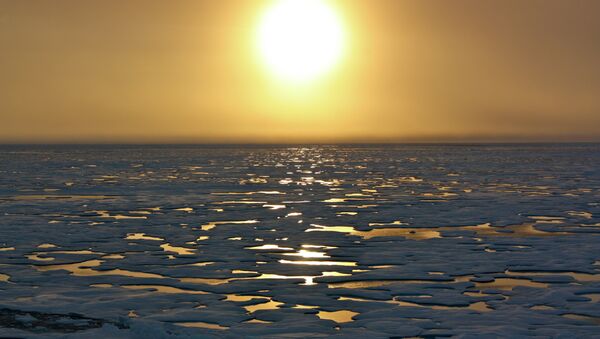The United Nations Environment Programme’s “Emissions Gap Report” comes off as ambitious as well as optimistic. To avoid the most catastrophic effects of climate change (read: Alaska’s climate becoming more like Maui and Maui going underwater), world temperature increase must be kept within two degrees Celsius.
That means a serious and quick cut in carbon gas emissions.
“The current rate of emissions leaves us only about 30 years,” said Joseph Alcamo, Chief Scientist of the UNEP.
Alcamo added that efforts such as the recent U.S.-China agreement to reduce greenhouse gas emissions provide some optimism.
“If you take all this good work that’s going on now and crank it up, there’s a lot of potential for the things that can be accomplished in terms of energy efficiency,” he said.
However, despite the bilateral agreement and other efforts, it’s easy imagine the U.S. failing to take a leadership role in combatting global warming given the number of American politicians who remain unconvinced that global warming even exists. Now that the U.S. Senate is returning to Republican hands, some of them are now taking leadership roles.
Senator James Inhofe, for example, called climate change “greatest hoax ever perpetrated on the American people.” Inhofe will become chairman of the Senate committee on the environment and public works.
In response to an interview question on climate change, Senator Mitch McConnell, who will become the Senate majority leader, recently responded “I’m not a scientist.”
Senator Marco Rubio, a potential 2016 presidential candidate said “I do not believe that human activity is causing these dramatic changes to our climate the way these scientists are portraying it.”
Another 2016 hopeful, Senator Ted Cruz offered, “In the last 15 years, there has been no recorded warming.”
Then there are the many state lawmakers on record as questioning global warming.
“Florida’s aquifers are getting fouled by sea water and the governor says he doesn’t believe in climate change,” said Senator Tim Wirth. “The governor of Alaska says he doesn’t believe in climate change and his state is melting.”
Wirth told Sputnik that climate change deniers are indeed a challenge, but he added that new realities will start to set in.
“There’s no message that gets to these people, it will be events that gets to these people,” he said in the interview. “Public attitudes are going to be increasingly supportive of aggressive climate action.”
The 2 degree target was decided at the Copenhagen (2009) and Cancun (2010) climate agreements. At that stage, scientists determined that releases of carbon dioxide must be limited to 2,900 gigatons. According to the UNEP, 1,900 gigatons have already been burned, leaving only 1,000 left in the climate “budget.”
In order to limit future emissions to 1,000 gigatons, the world must achieve carbon neutrality — meaning the amount of carbon released into the environment doesn’t exceed the amount recaptured by reforestation and other activities — between 2055 and 2070.
Adding up the current pledges countries have made to reduce emissions — assuming those pledges are kept — means there will be a gap of 14 to 17 gigatons per year, according to the UNEP.
“Business as usual is not an option,” Alcoma said.





